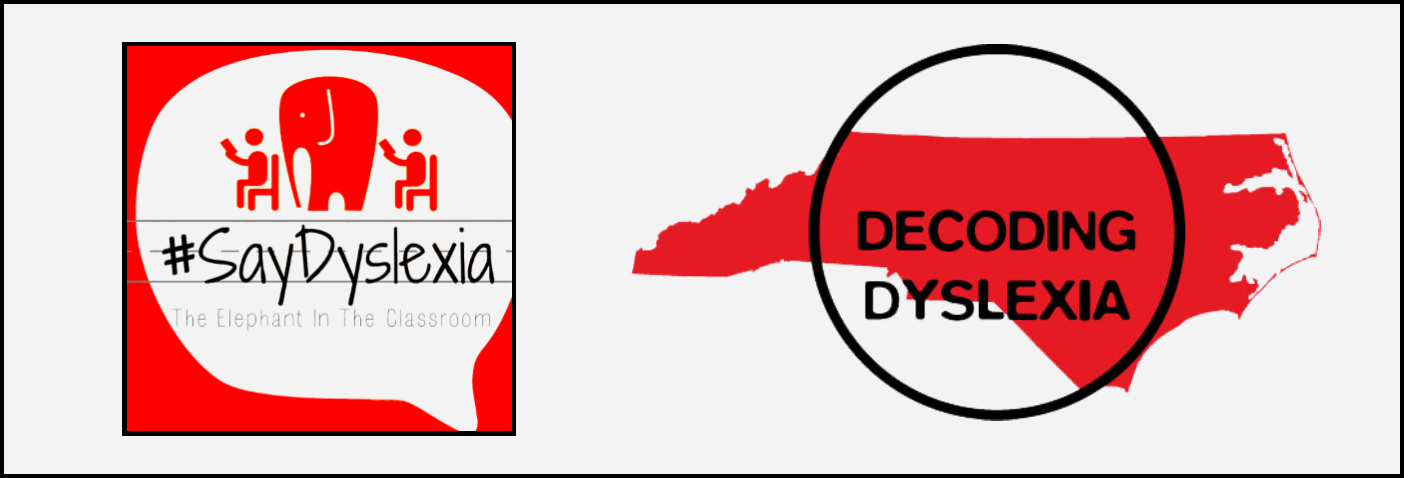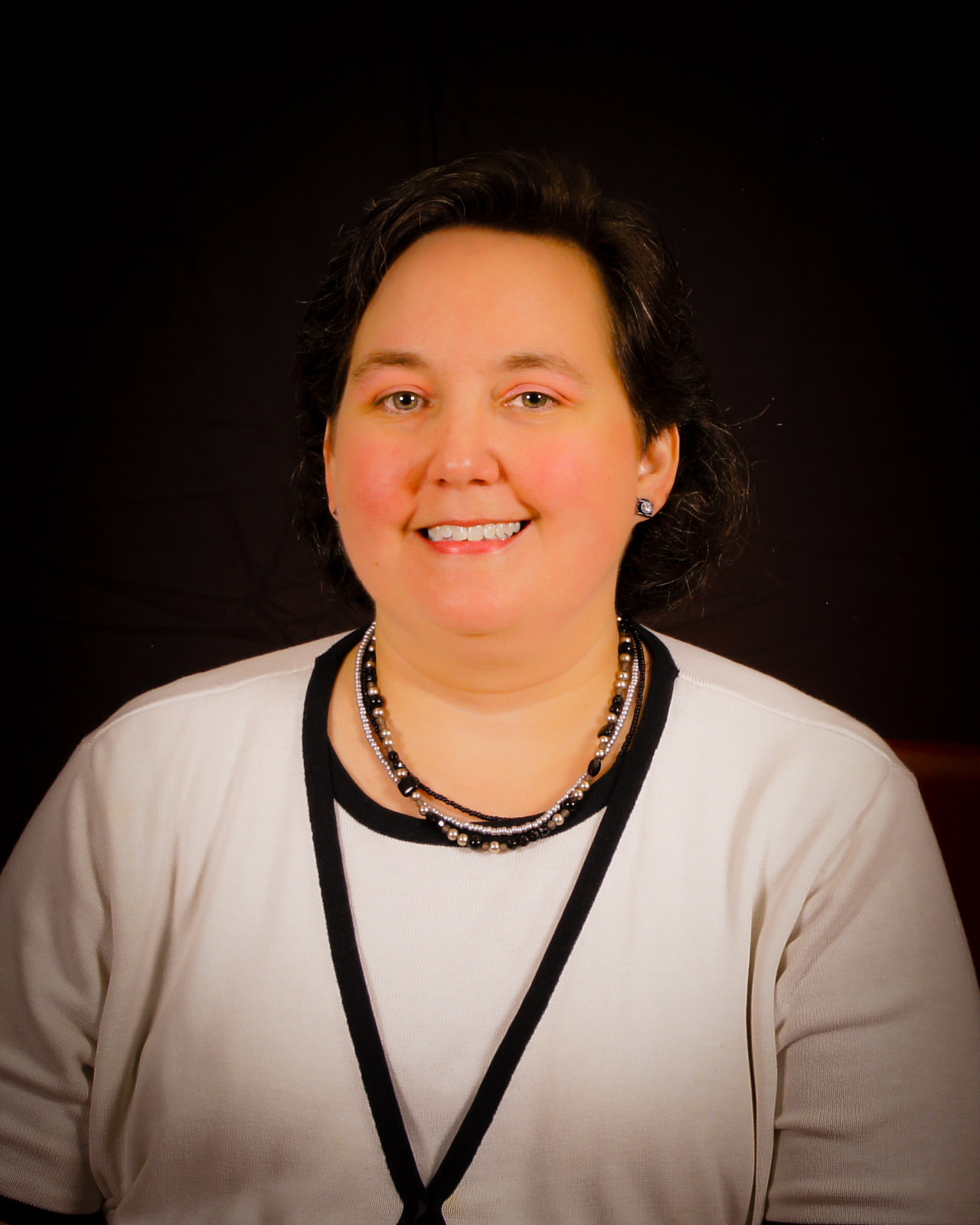 We're excited to be hosting our first guest blogger, Jennifer McBee from Decoding Dyslexia NC! Decoding Dyslexia is a network of parent-led grassroots movements across the country concerned with the limited access to educational interventions for dyslexia within the public education system. Here in North Carolina, Decoding Dyslexia is making great progress. Here's what Jennifer shared with us:
We're excited to be hosting our first guest blogger, Jennifer McBee from Decoding Dyslexia NC! Decoding Dyslexia is a network of parent-led grassroots movements across the country concerned with the limited access to educational interventions for dyslexia within the public education system. Here in North Carolina, Decoding Dyslexia is making great progress. Here's what Jennifer shared with us:
Decoding Dyslexia Hoping to Gain Ground in 2016
Decoding Dyslexia NC (DDNC) is driven by NC families concerned with the limited access to educational interventions for dyslexia within our public schools. The Decoding Dyslexia movement aims to raise dyslexia awareness, empower families to support their children and inform policymakers on best practices to identify, remediate and support students with dyslexia in NC public schools. The national movement started in 2011 with several parents from New Jersey. Today there are Decoding Dyslexia groups in all 50 states and four Canadian Provinces.
Decoding Dyslexia NC is still young and looking for concerned parents who want to make a change in education for their children as well as others. Lending your voice to by reaching out to your representatives is a huge help. A great example of parents making a difference is the bipartisan Research Excellence and Advancements for Dyslexia Act (READ Act) H.R. 3033, which the president signed into law on February 18, 2016. Keep a watch out on our website for calls to action for dyslexia parents advocate for their children. DDNC advocates for the state of North Carolina to:
- Mandate a universal definition and understanding of “dyslexia” in the state education code
- Mandate teacher training on dyslexia, its warning signs and appropriate intervention.
DDNC sees that NC parents have struggled getting services because schools typically don’t use the word dyslexia, nor fully understand that it’s a difference in how the brain is wired. DDNC is working to change that and help parents advocate for their children. Another example of how the national group has made a difference was the #SayDyslexia movement, which resulted in a dyslexia guidance letter from the US Department of Education Office of Special Education and Rehabilitative Services last October. The letter basically says that schools can use the word “Dyslexia” when it applies to a child with a reading disability. Properly defining the issue when a child is struggling is crucial to getting proper instruction.
DDNC currently has four co-leaders who contribute a variety of strengths to our team. We want to connect with other concerned parents, teachers, and administrators throughout North Carolina who want to create an effective change with less effort through education about dyslexia. We are also concerned with how to help students with dyslexia families in NC that are in rural areas who may not have access to as many resources for their children.
If you want more information or would like to get involved, please contact and connect with us:

